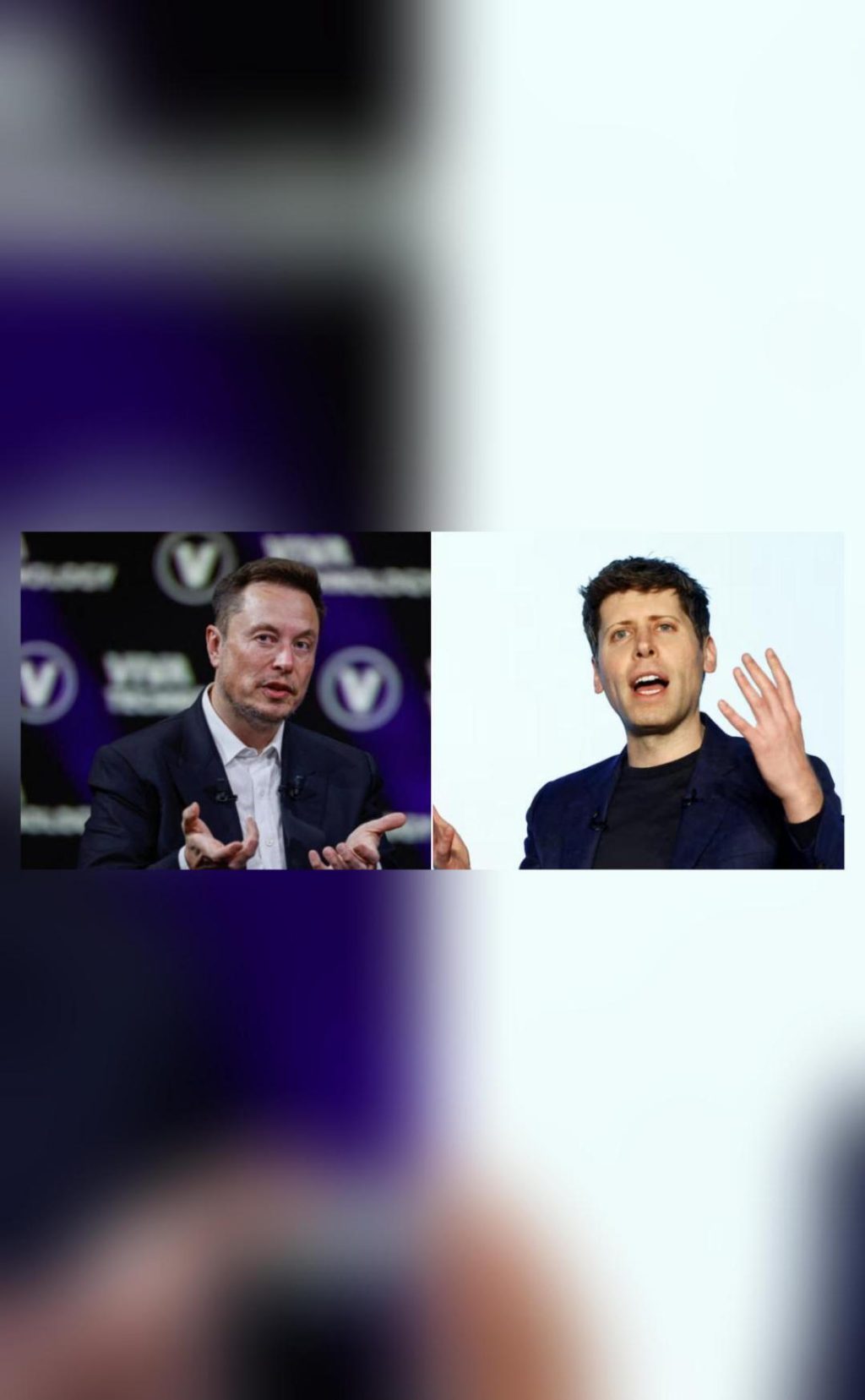
OpenAI & Elon Musk Agree to Fast-Track Trial Over For-Profit Model
In a recent development, Elon Musk and OpenAI have agreed to fast-track a trial regarding OpenAI’s transition to a for-profit model, according to a court filing. This comes after a court denied Musk’s request to pause OpenAI’s transition to the model. The dispute between Musk and OpenAI began last year when Musk sued the company and its CEO, Sam Altman, accusing them of straying from their original goal of creating AI for humanity’s benefit.
For those who may not be familiar, OpenAI is a non-profit artificial intelligence (AI) research organization that was founded in 2015 with the goal of creating AI that is safe and beneficial for humanity. Musk, who is a co-founder of OpenAI, had a significant amount of influence over the organization’s direction and decision-making process. However, in 2020, OpenAI announced that it would be transitioning to a for-profit model, which Musk strongly opposed.
Musk’s opposition to the transition was not just based on his personal disagreement with the decision, but also because he believed that the for-profit model would lead to OpenAI prioritizing profits over its original mission of creating AI for humanity’s benefit. In his lawsuit, Musk accused OpenAI and Altman of not involving him in the decision-making process and of not providing him with adequate information about the transition.
The court’s denial of Musk’s request to pause the transition was a significant blow to his efforts to block the change. However, the parties have now agreed to fast-track the trial, which means that the case is likely to move quickly through the legal system. This could potentially lead to a resolution in the matter sooner rather than later.
The disagreement between Musk and OpenAI is not just about the transition to a for-profit model, but also about the direction of the organization as a whole. Musk has been a vocal critic of OpenAI’s decision to prioritize commercial applications of AI over its original mission of creating AI for humanity’s benefit. He has argued that this shift could lead to the development of AI that is not safe or beneficial for humanity.
On the other hand, OpenAI has argued that the transition to a for-profit model will allow it to access more resources and funding, which will enable it to continue its research and development efforts. The organization has also argued that it is still committed to its original mission of creating AI that is safe and beneficial for humanity, and that the for-profit model will not change this.
The dispute between Musk and OpenAI has significant implications for the future of AI research and development. If OpenAI is able to transition to a for-profit model without Musk’s involvement, it could potentially lead to the development of AI that is not aligned with humanity’s best interests. On the other hand, if Musk is able to block the transition, it could potentially hinder the progress of AI research and development.
Regardless of the outcome, the dispute between Musk and OpenAI is a significant reminder of the importance of ensuring that AI is developed and used in a way that is safe and beneficial for humanity. As AI continues to play a larger and larger role in our lives, it is essential that we prioritize its development and use in a way that aligns with our values and goals.
Source:






